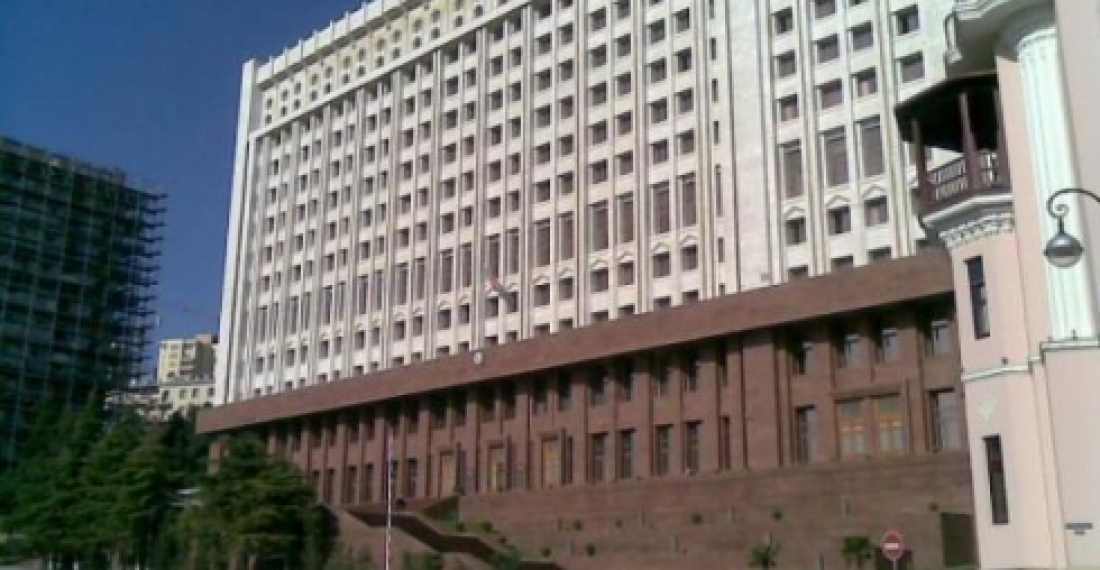A senior Azerbaijani official has dismissed European Union criticism of the situation in Azerbaijan ahead of Presidential elections next week. Head of the Political Department in the Azerbaijan Presidential Administration, Ali Hasanov said that their views are based on nonobjective, one-sided and biased information distorting the real situation of the election process in Azerbaijan
On Thursday the spokespersons of European Union High Representative Catherine Ashton and Commissioner Štefan Füle issued a statement on worrying cases of pressure on opposition, civil society and media in Azerbaijan. The statement said:
"The High Representative and the Commissioner are concerned about some recent developments in Azerbaijan that have an impact both on the pre-election period and the general human rights and political freedoms situation in the country.
While acknowledging the generally peaceful pre-election environment and the good technical preparation of the elections, the EU notes with concern the continued pressure on a number of opposition activists, civil society and independent media, such as intimidations, arrests on dubious charges, detentions and sentencing without proper respect for international standards and rights of the accused.
The EU expects the Azerbaijani authorities to ensure rapid, transparent and fair investigations and legal procedures in line with Azerbaijani commitments and obligations in this area. This is especially important in order to enable a favourable environment for free and fair Presidential elections on 9 October. It is essential that space for genuine pluralism of opinions is safeguarded, including as part of the electoral process.
The EU will continue to monitor individual cases and human rights developments in Azerbaijan and stands ready to support Azerbaijan in the process of implementing its international commitments."
In his statement Hassanov said,
"We declare with responsibility that the election campaign in Azerbaijan is being conducted in accordance with the current legislation and international experience. All conditions have been created for persons, who have been nominated for presidency in all stages of the election process, to carry out their activities within the legislation. The candidates organize their meetings either in Baku or regions with electors without any violation and equally use promotional opportunities allocated to them. In general, the state agencies properly ensure security in the election process.
The fact that some persons have been brought to responsibility for violation of the requirements of legislation in the recent days has nothing to do with the election process. Thus, we regard it as non-objective and biased to link with the election process the measures taken to prevent the law violations.
We would like to recall that Štefan Füle has previously issued statements on Azerbaijan not reflecting the reality as well. We believe that allegations on the so-called pressure against civil society activists, media representatives in Azerbaijan during the election period are attempts to cast a shadow on free and democratic elections.
The Azerbaijani Government will fulfill its duties to continue the election campaign in accordance with the legislation of the country and international practice. We hope that further opinions and statements of the EU officials will be more balanced and in line with reality."
For more information about the Presidential election in Azerbaijan you may visit www.electionswatch.org
Source: commonspace.eu.
photo: The Presidential administration building in Baku.







